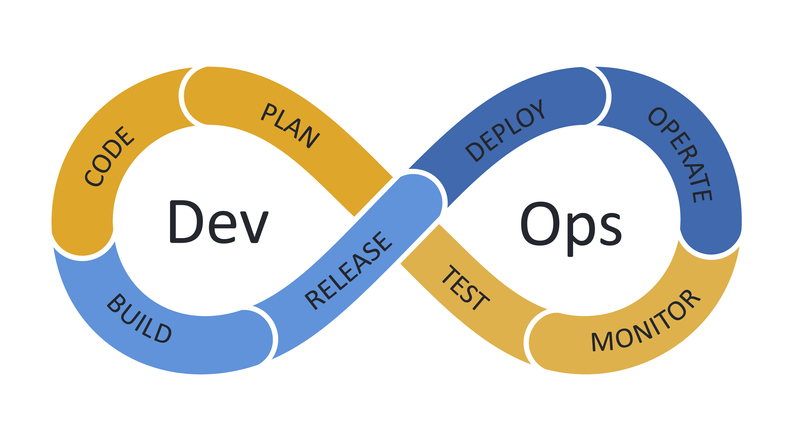
Ensuring Compliance in Salesforce DevOps: Best Practices & Tips
In Salesforce DevOps, compliance is critical for maintaining trust, security, and adherence to regulatory standards. By following the best practices outlined below, architects and development teams can ensure that compliance remains at the forefront of their Salesforce DevOps processes.
1. Understand Regulatory Requirements for Your Industry
Each industry operates under different regulatory frameworks, such as GDPR for data privacy in Europe or HIPAA for healthcare in the U.S. Staying informed about these regulations ensures that your Salesforce DevOps strategies remain compliant. Begin by mapping out the key regulations that affect your organization. Salesforce marketers can benefit from this by ensuring that customer data is handled in ways that meet both internal and external standards.
Furthermore, incorporating Salesforce Login authentication and permissions strategies into your DevOps pipelines can reduce the risk of unauthorized access. It’s essential to regularly audit Salesforce login activity to ensure that only those with the appropriate permissions can access sensitive data.
Key Salesforce Marketer practices to ensure compliance:
- Audit user permissions
- Ensure data collection methods are transparent
- Use Salesforce Marketing Cloud for data segmentation
- Employ AI-driven insights for user behavior monitoring
- Stay informed about changes in regulatory requirements
2. Automate Compliance Checks in Your DevOps Pipeline
Automation plays a key role in ensuring continuous compliance throughout the development lifecycle. By embedding compliance checks into your DevOps pipeline, you can automatically validate that your processes meet regulatory requirements. Tools such as static code analysis and automated security scans help detect vulnerabilities before they reach production.
This approach benefits Salesforce marketers by enabling continuous updates to customer-facing applications while ensuring that compliance requirements are met. Automation also ensures that marketing campaigns run within legal boundaries, protecting both customers and the company from legal repercussions.
Key Salesforce Marketer automation strategies:
- Implement marketing automation for streamlined compliance
- Leverage Salesforce’s workflow rules for real-time alerts
- Use Journey Builder for personalized, compliant customer journeys
- Automate consent collection and storage
- Monitor email marketing opt-ins through Salesforce integrations

3. Continuous Monitoring and Logging
Compliance in Salesforce DevOps requires continuous monitoring and logging to track system activity and identify any suspicious behavior. Salesforce provides robust monitoring tools that can be integrated into your DevOps pipeline. Tracking API usage, login attempts, and other system interactions helps ensure data integrity and compliance with privacy regulations.
For Salesforce marketers, continuous monitoring ensures that marketing campaigns are not only effective but also compliant. Data collection practices, such as tracking user interactions or analyzing engagement metrics, should be monitored to avoid breaches of privacy laws. Regular reviews of compliance logs help identify any gaps in processes.
Key Salesforce Marketer monitoring strategies:
- Use Salesforce Datorama for data analysis and insights
- Employ Marketing Cloud analytics to track campaign performance
- Monitor user engagement metrics for legal compliance
- Keep detailed logs of all marketing activities
- Use Einstein Analytics for predictive compliance insights
Conclusion
Ensuring compliance in Salesforce DevOps is an ongoing effort that requires attention to detail, automation, and continuous monitoring. By understanding industry regulations, automating compliance checks, and maintaining an active monitoring strategy, both developers and Salesforce marketers can maintain compliance and protect their organizations from regulatory risks. Implementing these best practices not only builds a stronger DevOps pipeline but also boosts customer trust, ensuring long-term success.
By applying these compliance strategies, your Salesforce DevOps process will be more robust, secure, and ready to handle the ever-changing regulatory landscape.


